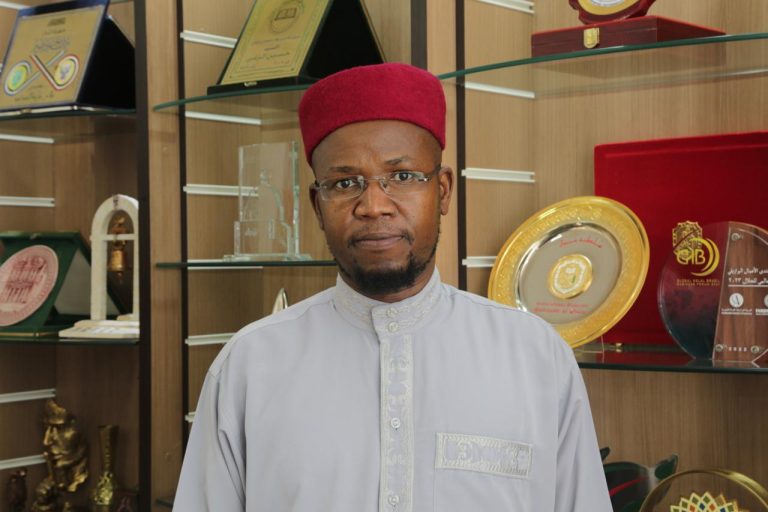By Sheikh Ali Momade*
Ramadan, the holy month of Islam, begins on the night of Friday, February 28, and ends on the night of Sunday, March 30. This period, which corresponds to the ninth month of the Islamic calendar, is the holiest for Muslims worldwide, marking a time of fasting, prayer, reflection, and charitable practices.
According to Islamic tradition, it was during the month of Ramadan that the first verses of the Quran, the sacred book of Islam, were revealed to the Prophet Muhammad—may God’s peace be upon him—by the Angel Gabriel, marking the beginning of his prophetic mission.
During Ramadan, healthy Muslims who have reached puberty observe fasting by abstaining from food, drink, and sexual relations from dawn to sunset. The fast is broken daily with iftar, the meal that traditionally begins with the consumption of dates and water. This practice follows the example of the Prophet Muhammad—may God’s peace be upon him—who used to break his fast in this manner. Dates contain sugar, fat, proteins, fiber, and essential vitamins (A, B1, B2, C), which help quickly restore the body’s energy.
The significance of Ramadan goes beyond fasting. It is a time of deeper connection with God, spiritual purification, and strengthening of community bonds. This period also emphasizes values such as empathy, generosity, and gratitude. Fasting is not merely a physical abstinence but also an exercise in emotional and spiritual discipline, encouraging patience, forgiveness, and solidarity with those facing hardships.
Regardless of religious belief, Ramadan brings principles that can inspire people of all faiths. Here are some of them listed below:
- Encouragement of self-reflection and self-control, something that can be applied to daily life, thus fostering more mindful, healthier habits;
- Emphasis on charity and empathy, which reinforces the importance of helping others and strengthening bonds of solidarity in challenging times;
- Encouragement of a deeper reconnection with what truly matters—family, spirituality, and collective well-being.
Regardless of tradition or religion, this sacred month offers an opportunity for everyone to reflect on their own practices and how they can contribute to a more compassionate and harmonious world.
*Sheikh Ali Momade holds a degree in Literature and Linguistics (Arabic and Spanish), a master’s degree in Social Sciences, and a Ph.D. in Political Sociology. He is also a religious auditor for the FAMBRAS Halal certification body.
Translated by Guilherme Miranda




